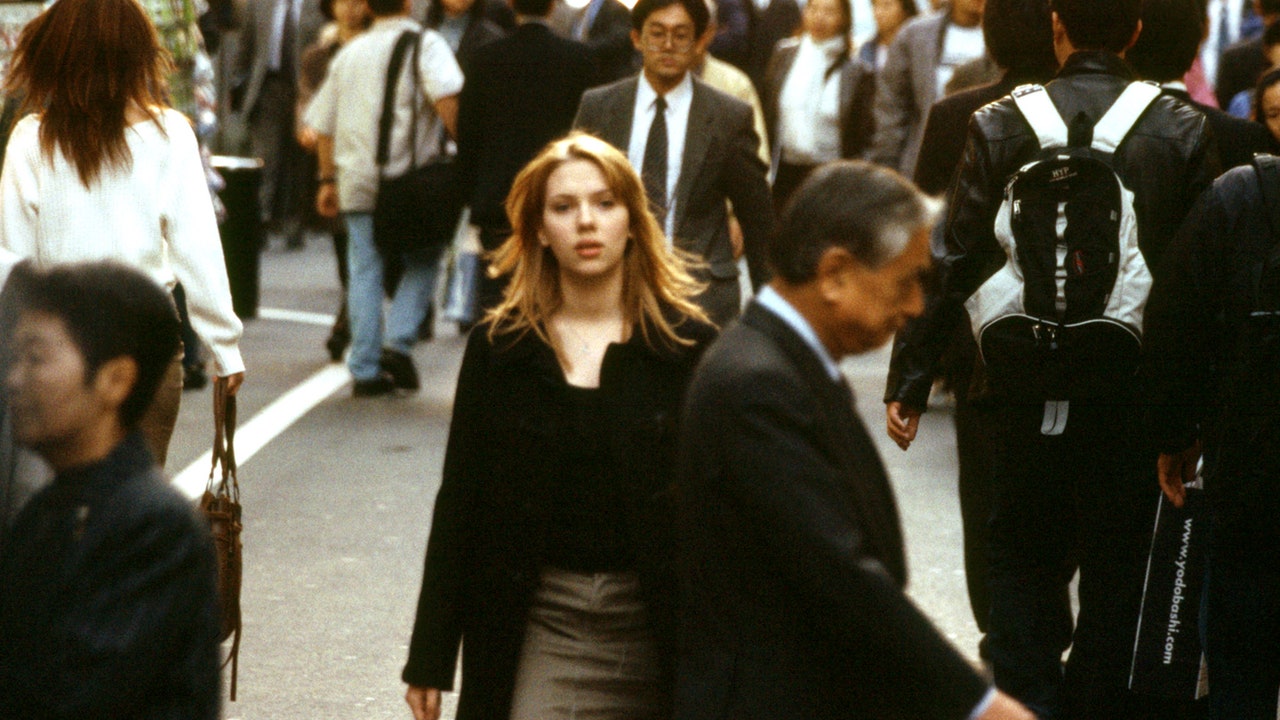Why Getting Lost Makes for the Best Vacations
3 min read
Dr. Andrew Stevenson, a senior lecturer in Manchester Metropolitan University’s department of psychology and the author of The Psychology of Travel, gives a name to this wandering, whether planned or unplanned: slow travel. “Slow travel hails from a group of activists from Paris who were interested in meandering travel, where we open our senses to our surroundings and fret less about the destinations we might end up in,” he says.
In Rebecca Solnit’s 2006 essay collection, A Field Guide to Getting Lost, she explores the power of losing one’s way, a concept that psychologists like Stevenson refer to as “travel flow.” “Flow is an idea borrowed from humanist psychology, and it helps us understand that it can often be preferable to get lost (in the moment) while traveling … losing track of time, becoming physically immersed, often leading to a new skill,” he says.
In France and Belgium, those who walk the city at a leisurely pace with no agenda are called flâneurs or flâneuses. These are present-focused travelers, says Stevenson. “They find it easy to get lost in the moment and disappear into the flow of the present,” he says. Future-focused travelers, on the other hand, struggle with this. “They can often be seen checking their emails on holiday,” he says.
Oh boy, am I ever guilty of that.
These experts advocate for returning to paper maps—and not replying on apps—to more deeply immerse. “It has been found, in some studies, that using GPS apps to direct (travelers) around newly encountered places can lead them to miss out on many of the sensory experiences that are out there,” says Stevenson. “Unplugging from devices is a priority for anyone who wants to connect.”
Stein couldn’t agree more. “They limit the degree to which we can change by keeping us connected to those aspects of our social structures that guide our everyday lives,” she says. “Unplugging can help facilitate a bigger change or more of an immersion into a new place.”
True immersion may require getting lost—and leaning into the experience, rather than immediately pulling up your GPS in order to get your bearings and figure out the fastest way from point A to point B. “Unfortunately, (digital devices) can vampire your trip, sucking your awareness of special moments around you with every click and swipe,” says Dr. L. “Some of my favorite travel memories are the unscripted ones, where I’ve found myself in an unexpected place. You’ll remember the friendly stranger who helped you find your way, the delicious café you stumbled upon, or the faith you developed when all you could lean on was that faith.” I interpret “faith” here to mean “intuition”—tuning in to yourself and your surroundings, and letting your sense of where to go serve as your guide. In so doing, you may lose your way, but find yourself.



